The Impact of Healthcare Information on Covid-19 Perception
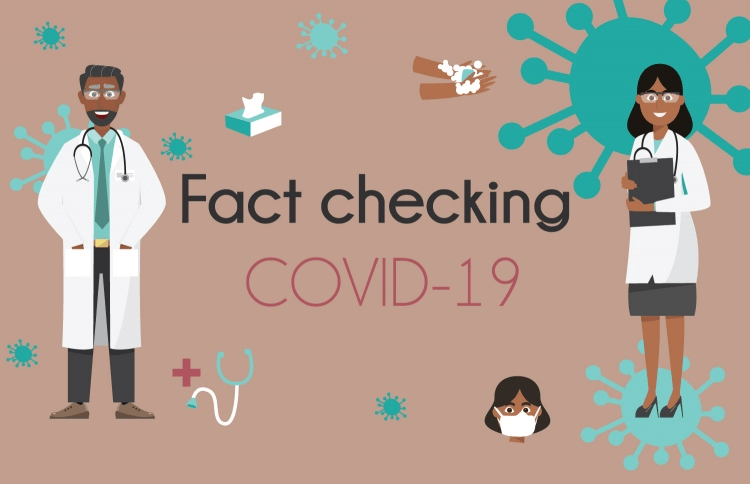
In the United States they are over 5.2 million Covid-19 cases, with over 167,000 dead. The CDC recently announced that it now projects nearly 189,000 US coronavirus deaths by September 5. Over the past several months people have seen major news outlets to social media feeds being filled with all sorts of coronavirus related information — everything from how many people are infected, state-wide shutdowns, and even conspiracy theories. The problem we face now is the public perception regarding COVID-19 in the United States. With many states entering phases of reopening, despite the number of cases continuing to surge across the country, there are significant gaps in public perception regarding the severity and impact of Covid-19. The US is not alone either, internationally in places like Auckland, New Zealand and Seoul, South Korea, have had to reimpose lockdown measures due to a surge in cases after reopening.
The problem is not about reopening, mask wearing, and lockdowns – its about understanding the severity of the disease and what we can do to protect ourselves and those around us.
In the US, the perception has greatly waned, with President Trump initially downplaying the coronavirus in March 2020, and then continued to hamper efforts by the CDC and other health officials to inform the public of the true magnitude. Combined with a lackluster federal government response in the US, the misinformation in the news and on social media about Covid-19 has progressively worsened since the onset of the pandemic. Most recently, there was a video with doctors claiming that there was a cure for Covid-19 and hydroxychloroquine is an effective treatment, neither of which is true. This video was viewed over 5 million times on social media platforms like Facebook & Twitter, until they were removed. However, the damage had already been done, reaching millions of people, and having various snippets reposted or shared by others. Social media giants have dealt with misinformation for years and it has not been able to tackle the problem, even in the midst of a global pandemic. News agencies, while most of them report factual information or try to, also tend to skew the raw information, whether intentionally or unintentionally. For this reason doctors, scientists, and healthcare professionals have voiced concern and even at time have requested that news agencies not report on health related information or issues, as they do not include all the facts, understand how to interpret the information, let alone convey it to the mass public. Even apart from coronavirus, on a regular basis we are constantly inundated by these catchy stories of new scientific studies on a variety on things like coffee. Coffee has been reported on so much that according to various media outlets, studies have suggested that coffee may help reverse liver damage, help prevent colon cancer, decrease the risk of endometrial cancer, and increase the risk of miscarriage. With information being reported like this, especially for Covid-19, it can make people question, is the science all nonsense?
A conversation about science is long overdue, and right now during a global pandemic we need to understand the importance of scientific information, which is meant to inform and educate us and not be used for controversial headlines or political bait. In 2016, John Oliver discussed at length, how media reports on scientific information and how it often misinforms the public — and fuels a distrust in science.
So those who spread or report false information on coronavirus, are contributing to a major problem of misperception: It can lead people to believe that Covid-19 is not real, or mask wearing is not effective, or that Covid-19 is cured by hydroxychloroquine, all of which are not true based on the scientific consensus. As Oliver said in 2016 and it applies in the situation we are in now “Science is by its nature imperfect, but it is hugely important…And it deserves better than to be twisted out of proportion and turned into morning show gossip.” The way media reports on scientific information often leaves out vital information like citing the original study or report or providing the context or limitations of the information. So, when people see this reporting then, there is no fact checking by individuals consuming the content.
The reality is Covid-19 is not going to end tomorrow, and arguably scientists and healthcare professionals themselves do not have a consensus of when things will “return to normal”. The science behind a viable treatment, cure, or vaccine will take time. Science is not overnight, especially when humans are involved. With that in mind, the effects of Covid-19 are going to be impacting our daily lives in the US and around the world for the foreseeable future. While we try to normalize our lives with Covid, we also need cohesive messaging from healthcare professionals and elected officials.
On a broader level, healthcare professionals and government officials, need to maintain strict reporting guidelines that are not biased with political opinion or fringe reporting. The health of individuals and the science of a disease is not a topic of debate of what you personally believe in or don’t. So we must ask ourselves, who do we trust as country and as individuals, Do we let politicians, news media, social media companies be the purveyors of health news or do we let the experts who have qualifications and experience on health issues be the leaders of health information? The way public health can be most effective ultimately relies on a strong and accurate message regarding the virus. This requires a fundamental approach that everyone from social media companies and news outlets, take a very cautious approach to reporting on Covid information. As for the individuals who see, share, or discuss Covid-19 related information, always exercise caution. Moving forward, individuals and the global community need to take a more cautious approach to how we obtain our information on science and health.
Resources for Covid-19 Information:
John Hopkins Covid Information Center
National Directory of Local Health Departments

Written By Pavan L.
Aug 15, 2020
Connect with Pavan L.
Latest Blogs
Breakthrough AI Study Unveils Gender-Specific Brain Features Linked to Cognitive Functions
In a new groundbreaking study, researchers...
Biohacking the World – The Future of Genetics
The genetic code of humans is what sets us...
10 Things You Need For Your First Day of Clinical Rotations
My name is Keshu Mahesh and I’m currently a...
Coronavirus in the US: Latest Updates on the Covid-19 Pandemic
Updated March 30, 2020, 9:00 PM EST In the...
Update on Coronavirus Outbreak and the Future of Pandemics
Updated March 6, 2020, 11:13 PM EST In the...
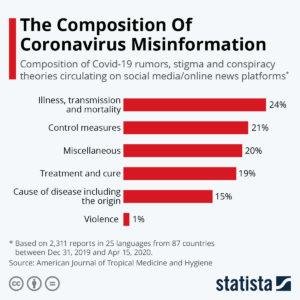
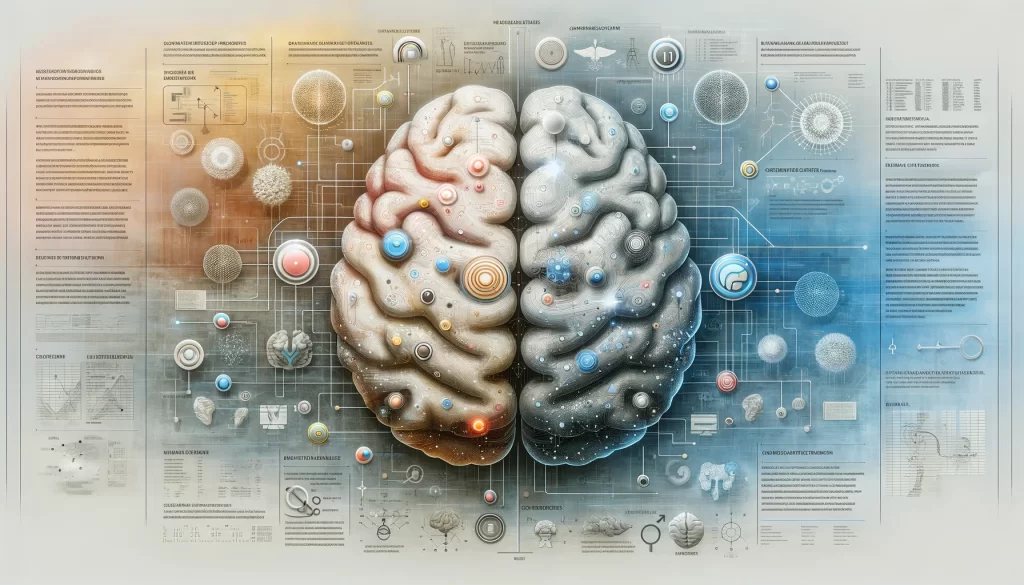
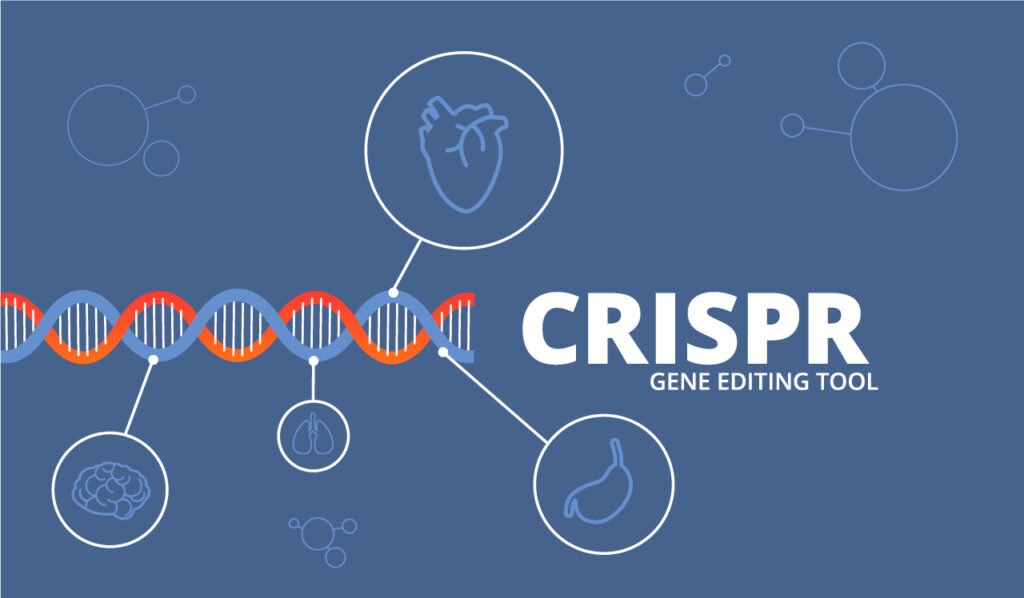

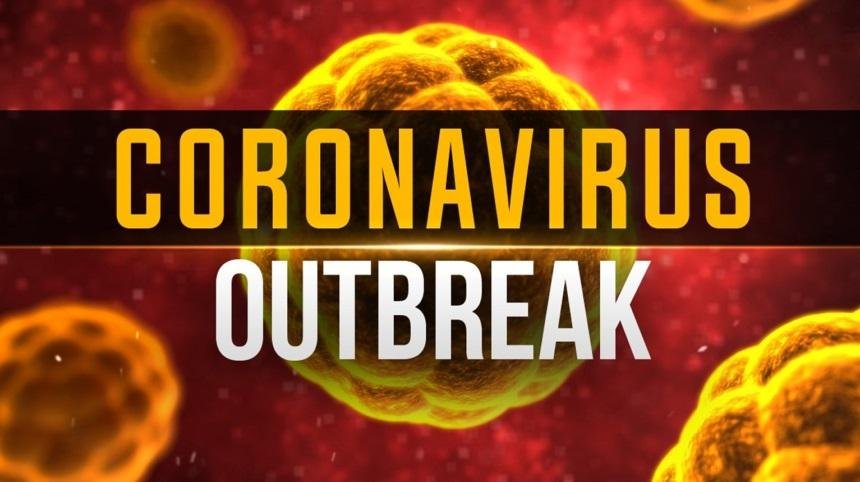
0 Comments